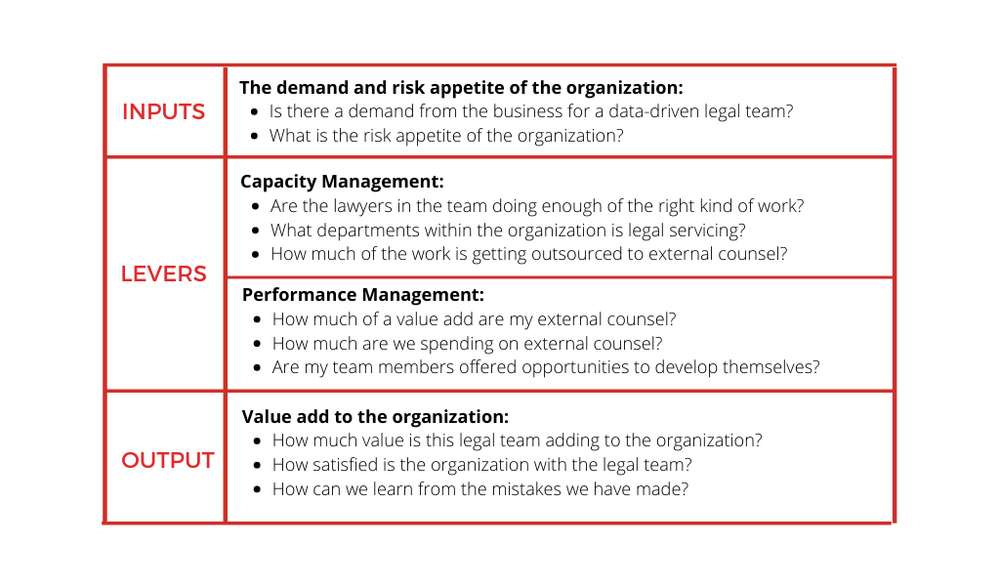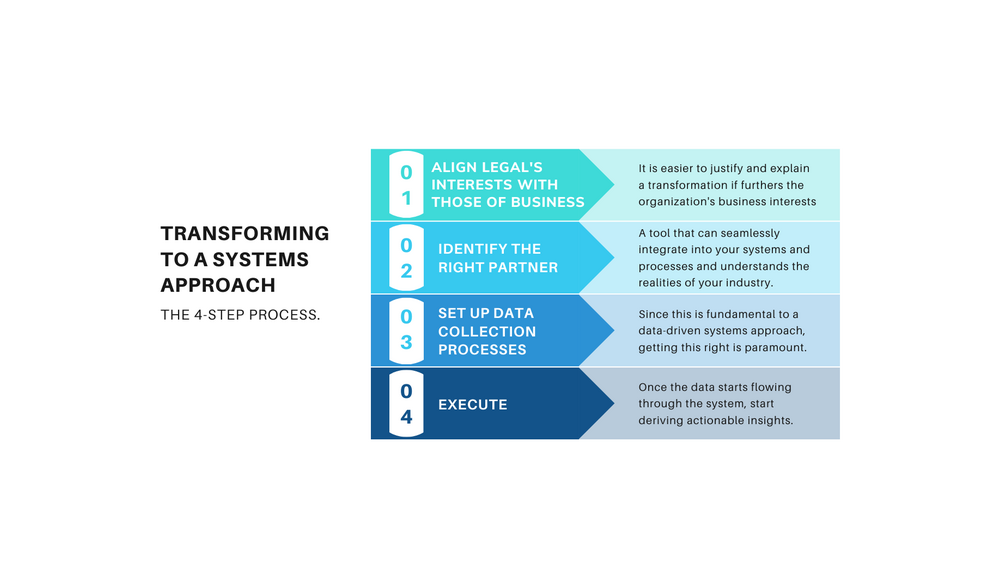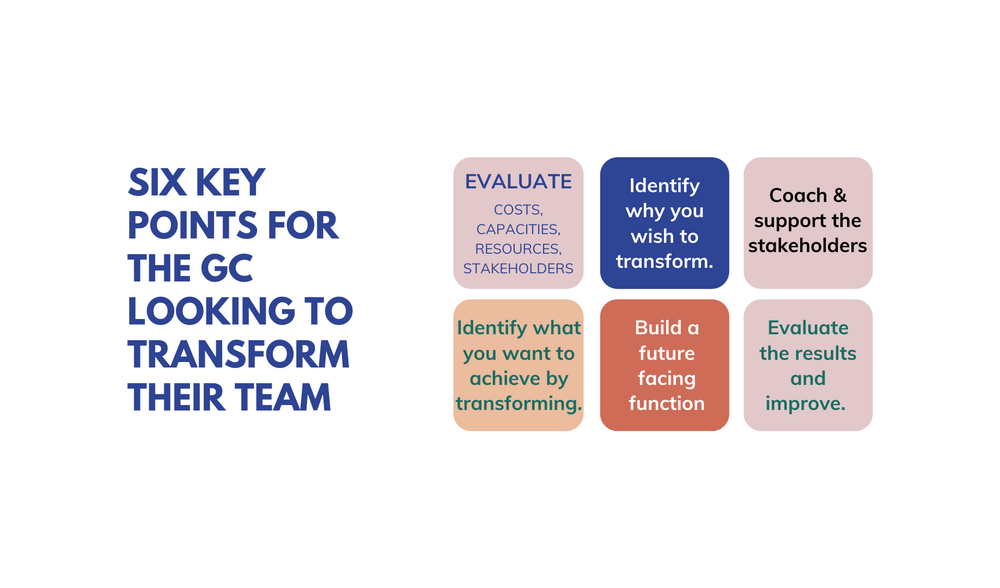Newsroom

The legendary former chairman of GE, Jack Welch, was once famously quoted as saying that an organization’s competitive advantage stems from its ability to learn and then translate those learnings into action. While this quote is in the context of an enterprise, it applies equally well to the legal industry, which faces an imminent need to transform themselves to keep pace with the digital economy that we live in today.
Co-incidentally, it was GE that triggered off the discussion the topic of our ELC session, well back in the 90’s.
At Vahura, where we have a ring-side view on the Indian legal industry, we constantly track the transformation of the legal industry, both from the perspective of the practice and the practitioner. In-house legal teams are increasingly required to advise their business teams in a manner that is scalable yet personalized, reducing the quantum of work that is outsourced to external counsel, while at the same time dealing with resource and budgetary constraints.
With such variable factors at play, the need for a data-driven approach to legal operations management has never been more apparent.
We find that in present times, the role of an in-house counsel of the future is not merely that of a legal risk manager. They are also required to be a business partner, an operational leader, and a professional with a proclivity towards adopting a data-driven and technologically enabled approach to achieve these objectives.
In other words, an in-house counsel needs to be prepared for a systems revolution in legal practice.
But how does a general counsel build a culture and put in place processes that allow for the collection of data, deriving actionable insights, and translating these data-driven insights into action?
To understand the answer to this question, and to find out what questions we weren’t asking yet, we invited in-house counsels from 40+ organizations to a closed-door session, as part of the Enterprise Leaders Circle, to hear from industry leaders who have led the transformation of their teams to a data driven approach.
We invited Smriti Subramanian, the General Counsel of Snapdeal, and Mo Zain Ajaz, the founder of Lex360, and former Global Head of Legal Operational Excellence of National Grid, on how they have led a data-driven transformation in their legal operations. We also heard from Pramod Rao, the Group General Counsel of ICICI Bank on his thoughts on how the legal community could go about driving a data-driven transformation of the industry at large.
1.Systems thinking involves looking at a subject matter in its entirety and then optimizing each part of the system but paying attention to how the improvement impacts on the sum not just the parts.
Analogically, a typical data-driven system can be defined as any well-oiled machine that requires three basic components to operate: certain raw materials (or inputs); several levers to operate the machine and the end-result i.e. the output.
The table below explains the diagrams above further on how you could think of the legal function as a system while evaluating your transformation to a data-driven team.

2. Transforming your legal team to a systems-thinking approach is a four-step process.

3. There are 6 key points that should form the backbone of a general counsel’s transformational strategy.

4. Thoughts from the ELC community: The scope of adopting a systems driven approach towards litigation processes and justice delivery mechanisms is immense.
Our community's thoughts on a few practically possible data and systems driven solutions to make litigation processes and justice delivery systems more efficient are as follows:



Should you wish to have a private and confidential discussion on the systems revolution and what it may mean for your legal team, feel free to reach out to us by clicking on the button below.